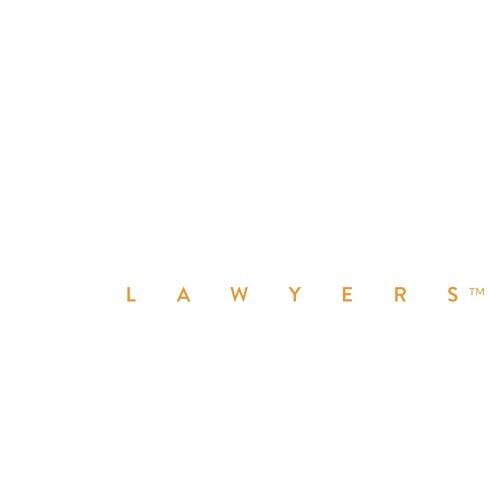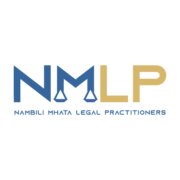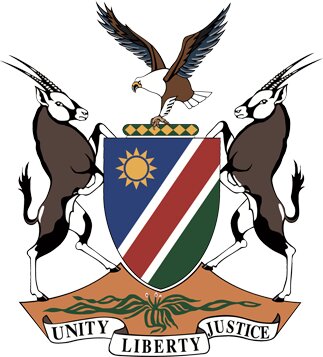Best Adoption Lawyers in Windhoek
Share your needs with us, get contacted by law firms.
Free. Takes 2 min.
Free Guide to Hiring a Family Lawyer
List of the best lawyers in Windhoek, Namibia
About Adoption Law in Windhoek, Namibia
Adoption in Windhoek, Namibia is a legal process governed by national law, intended to provide a child with permanent family care when their birth family can no longer provide for them. The adoption process in Namibia is regulated by the Ministry of Gender Equality, Poverty Eradication, and Social Welfare, requiring compliance with the Child Care and Protection Act of 2015. This law mandates a thorough assessment of both the child’s and adoptive parents' circumstances to ensure the child’s best interests are secured.
Why You May Need a Lawyer
Engaging a lawyer during the adoption process can be crucial for several reasons. A lawyer can help navigate the complex legal procedures and paperwork involved, ensuring compliance with national and international adoption laws. They can provide representation during disputes, assist in the evaluation of adoption eligibility, and offer guidance on rights and responsibilities post-adoption. Additionally, lawyers can help interpret the Child Care and Protection Act, which requires precise adherence to avoid delays or legal issues.
Local Laws Overview
Namibian law stipulates several key requirements for adopting parents: they must be at least 25 years old and 18 years older than the child they wish to adopt. Married couples must jointly apply for adoption, while single parents can adopt under special circumstances. The law also recognizes kinship adoptions, emphasizing that the child’s consent is necessary if they are over 10 years old. The Hague Convention on Protection of Children and Co-operation in Respect of Intercountry Adoption also influences the process, ensuring ethical standards are maintained.
Frequently Asked Questions
1. What is the legal age requirement for adopting a child in Namibia?
The adoptive parents must be at least 25 years old and at least 18 years older than the child they are adopting.
2. Can single individuals adopt a child in Namibia?
Yes, single individuals may adopt a child, but specific circumstances and requirements must be met, ensuring the best interests of the child are served.
3. Is there a residency requirement for adoption in Namibia?
While not explicitly stated in the law, residency can impact the process as local authorities may require evidence of a stable home environment for the child.
4. How long does the adoption process typically take?
The duration can vary greatly depending on individual circumstances, but it typically takes several months to a year, including assessments and legal processes.
5. What documents are required for the adoption process?
Commonly required documents include identification, proof of residence, marriage certificates (if applicable), and financial statements.
6. Can an adopted child inherit from their adoptive parents?
Yes, once the adoption is finalized, an adopted child is legally considered the child of the adoptive parents and can inherit from them.
7. Are there any costs involved in the adoption process?
There may be various costs involved, including court fees, legal fees, and potential costs for home studies and counseling.
8. What rights do biological parents have in the adoption process?
Biological parents must give consent to the adoption, and in certain cases, they may also have the right to withdraw consent during a specified period.
9. What happens if an adoption is contested?
If contested, the matter may be taken to court where all parties will be heard, and a judge will make a decision based on the best interests of the child.
10. Can foreigners adopt Namibian children?
Foreigners can adopt Namibian children, but they must comply with Namibian laws and international adoption standards, often requiring a longer and more complex process.
Additional Resources
For those seeking further information or assistance, the Ministry of Gender Equality, Poverty Eradication, and Social Welfare is the primary governmental body overseeing adoptions in Namibia. Additionally, international organizations like UNICEF and local non-profits such as Child Welfare can offer support and guidance.
Next Steps
If you require legal assistance with adoption in Windhoek, it is advisable to contact a lawyer specializing in family law. Begin by consulting with the Ministry of Gender Equality, Poverty Eradication, and Social Welfare for initial guidance. Engage a qualified lawyer to help you navigate the process, prepare the necessary documentation, and represent your interests in any legal proceedings. Understanding your responsibilities and rights is crucial for a smooth adoption journey.
Lawzana helps you find the best lawyers and law firms in Windhoek through a curated and pre-screened list of qualified legal professionals. Our platform offers rankings and detailed profiles of attorneys and law firms, allowing you to compare based on practice areas, including Adoption, experience, and client feedback.
Each profile includes a description of the firm's areas of practice, client reviews, team members and partners, year of establishment, spoken languages, office locations, contact information, social media presence, and any published articles or resources. Most firms on our platform speak English and are experienced in both local and international legal matters.
Get a quote from top-rated law firms in Windhoek, Namibia — quickly, securely, and without unnecessary hassle.
Disclaimer:
The information provided on this page is for general informational purposes only and does not constitute legal advice. While we strive to ensure the accuracy and relevance of the content, legal information may change over time, and interpretations of the law can vary. You should always consult with a qualified legal professional for advice specific to your situation.
We disclaim all liability for actions taken or not taken based on the content of this page. If you believe any information is incorrect or outdated, please contact us, and we will review and update it where appropriate.
















